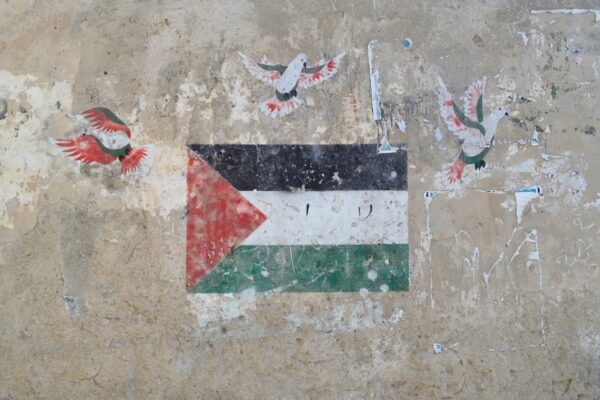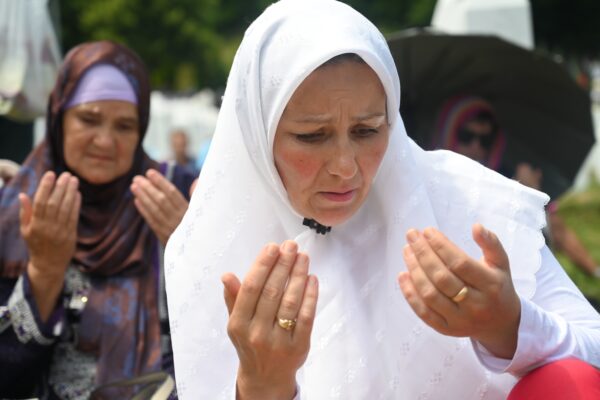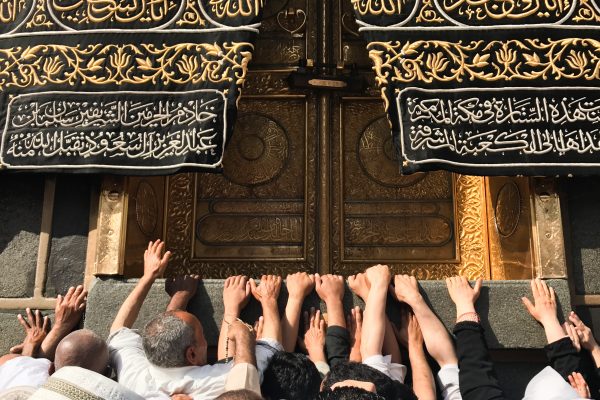There will be numerous online events marking the 25th year anniversary of the Srebrenica genocide. But they will all be in vain if we attend them passively, and not utilize them to shine a spotlight on the rampant othering still taking place in society today and redouble our efforts to stand united against it.
There will be numerous online events marking the 25th year anniversary of the Srebrenica genocide. But they will all be in vain if we attend them passively, and not utilize them to shine a spotlight on the rampant othering still taking place in society today and redouble our efforts to stand united against it.
The Srebrenica genocide in Bosnia in 1995 is the greatest atrocity to take place on European soil since the Second World War. Yet despite the enormity of what occurred, it still remains a poorly understood episode in European history, with the European Union taking until 2009 to formally designate 11 July as Srebrenica Memorial Day.
On 11 July 1995, Bosnian Serb soldiers marched into the town of Srebrenica and systematically murdered 8,372 Bosnian Muslim men and boys. Bodies were buried in mass graves. Later they were partially dug up and re-buried in secondary mass graves in attempts to hide the evidence. The youngest victim shot was 3.5 months old, while the oldest victim was 106 years old.
The list of cruelties during such conflicts since the Second World War could fill volumes of history books. Whether it is Rwanda’s Tutsi and Hutu conflict, Cambodia’s Khmer Rouge, Iraq’s Halabja or other ethnic cleansing endeavours of recent decades, it seems we have yet to heed the eighteenth-century statesman Edmund Burke’s warning that, “Those who don’t know history are destined to repeat it.”
A thread throughout all these dark episodes of recent history is the “othering” of human beings and claims that they “don’t belong here.” Last month US President Donald Trump told a rally of supporters that Muslim-American congresswoman Ilhan Omar “would like to make the government of our country just like the country from where she came – Somalia.” And closer to home in the UK, blatant racism was spewed last month by Conservative councillor Theodora Dickinson who said in a now-deleted social media post that Muslim MP Naz Shah should ‘go back to Pakistan.’
As Muslims, we are not immune from othering too, from the pervasive racism suffering by many Asian expat workers in Gulf countries to anti-Black attitudes within Muslim communities closer to home here in the UK.
Othering has ironically increased as globalisation has caused the diversity of societies to surge in many parts of the world. Yet despite our physical proximity, those with divisive agendas or ignorant attitudes choose to reinforce what makes us different through labels including race, language, and religion that distract us from working together to tackle the real problems facing our society.
As Muslims, the annual Hajj pilgrimage later this month is one of the world’s most powerful symbols against the dangers of othering. Seeing millions of pilgrims from across the world all united in wearing simple white cloth and performing the same actions together, is a stark reminder of the Quranic verse that we have been created in “nations and tribes that you may know one another” but that the differences don’t ultimately matter since “the most noble of you in the sight of Allah is the most righteous of you” (Quran 49:13).
Whilst this year’s Hajj will physically be limited due to COVID-19, the symbolic messages of Hajj must continue to reverberate within our hearts and our communities, and guide our efforts to work towards a fairer and more just society for all. And these principles combined with lessons from recent history are essential in making this happen practically.
According to historian E. H. Carr, history is “a continuous process of interaction between the historian and his facts, an unending dialogue between the past and the present.” Therefore, when we read or listen to episodes of history such as the Srebrenica genocide this week, we are all momentarily historians, uniting in our minds that imaginary spectrum between the present and the past, and searching for solutions to our current problems.
This weekend there will be numerous online events marking the 25th year anniversary of the Srebrenica genocide. But they will all be in vain if we attend them passively, and not utilize them to shine a spotlight on the rampant othering still taking place in society today and redouble our efforts to stand united against it.





